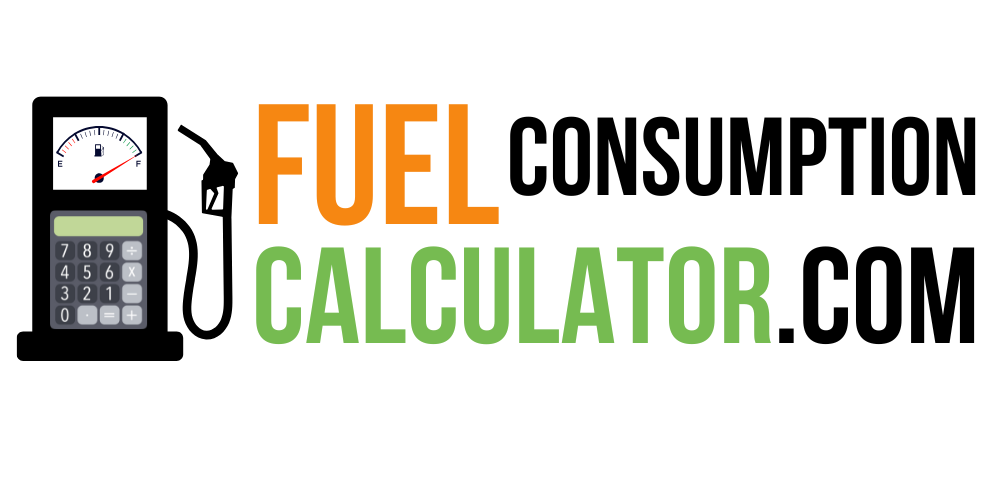Many drivers may not realize that the fuel pump in their vehicle can significantly influence fuel consumption. While it might seem like a minor component, the fuel pump plays a crucial role in delivering the right amount of fuel to the engine.
If it malfunctions or operates inefficiently, it can lead to increased fuel usage and decreased overall performance.
In this article, we will explore how a fuel pump affects fuel consumption and what signs to look for if you suspect your fuel pump is underperforming.
Contents
Key Takeaways
- Fuel Delivery Efficiency: A properly functioning fuel pump ensures optimal fuel delivery to the engine, which is essential for maintaining good fuel economy.
- Impact of Malfunction: A failing fuel pump can either deliver too much or too little fuel, both of which can negatively impact gas mileage.
- Signs of Trouble: Symptoms of a faulty fuel pump include poor acceleration, engine stalling, and difficulty starting the vehicle.
- Regular Maintenance: Routine checks and timely replacements of the fuel pump can help maintain optimal vehicle performance and efficiency.
- Fuel Pressure Regulation: The fuel pressure regulator works in conjunction with the pump to ensure the correct amount of fuel reaches the engine.
The Role of the Fuel Pump in Fuel Consumption
The fuel pump is responsible for transporting gasoline or diesel from the tank to the engine. It must maintain adequate pressure to ensure that injectors receive a consistent supply of fuel. If the pump is functioning well, it delivers just enough fuel to meet engine demands without wasting excess. However, when problems arise—such as a clogged filter or wear over time—the efficiency of this delivery can be compromised.
For instance, if a fuel pump is unable to generate sufficient pressure, the engine may not receive enough fuel during acceleration or under load, leading to poor performance and increased consumption as the engine compensates for the lack of power. Conversely, if a pump delivers too much fuel due to malfunctioning components, it can cause excessive consumption as well.
Signs of a Failing Fuel Pump
Recognizing signs of a failing fuel pump early can save you from decreased fuel efficiency and costly repairs. Common symptoms include:
- Poor Acceleration: If your vehicle struggles to accelerate or feels sluggish, it may indicate that the fuel pump is not providing enough fuel.
- Engine Stalling: An inconsistent supply of fuel can cause the engine to stall unexpectedly, especially during high-demand situations like towing or climbing hills.
- Difficulty Starting: If your car has trouble starting or requires multiple attempts to ignite, this could be a sign that the pump is failing.
- Unusual Noises: A loud whirring noise from the tank may indicate that the pump is working harder than it should be due to wear or damage.
Addressing these issues promptly can help maintain your vehicle’s efficiency and prevent further damage.
The Importance of Regular Maintenance
Maintaining your vehicle’s fuel system is essential for optimal performance and efficiency. Routine inspections can help identify potential issues with the fuel pump before they escalate into more significant problems. Regularly replacing your fuel filter and ensuring that your tank has adequate gasoline can also help prolong the life of your fuel pump.
Moreover, understanding how your vehicle’s specific components work together—such as how the fuel pressure regulator interacts with the pump—can enhance your ability to diagnose problems effectively. The regulator ensures that only the required amount of fuel reaches the engine, preventing waste and optimizing consumption.
References
- Mark’s Auto Service (2021). Engine Problems That Are Caused By a Faulty Fuel Pump. Available at: https://www.marksautoil.com/engine-problems-that-are-caused-by-a-faulty-fuel-pump
- J.D. Power (2022). Does My Car Need A New Fuel Pump? Available at: https://www.jdpower.com/cars/shopping-guides/does-my-car-need-a-new-fuel-pump
- DSMTalk Forums (2023). Fuel Pump and Gas Mileage – Please Explain to Me. Available at: https://www.dsmtalk.com/threads/fuel-pump-and-gas-mileage-please-explain-to-me.220122/
- ThirdGen.Org (2022). Can a Failing Fuel Pump Cause Poor Fuel Economy? Available at: https://www.thirdgen.org/forums/tech-general-engine/488536-can-failing-fuel-pump.html
- Machinery Lubrication (2021). Clean Oil Reduces Engine Fuel Consumption. Available at: https://www.machinerylubrication.com/Read/401/oil-engine-fuel-consumption
In summary, your vehicle’s fuel pump plays a vital role in determining its fuel consumption efficiency. By ensuring that this component is functioning correctly through regular maintenance and being aware of potential signs of failure, you can help maximize your vehicle’s performance while minimizing unnecessary trips to the gas station.
Citations:
[1] https://www.dsmtalk.com/threads/fuel-pump-and-gas-mileage-please-explain-to-me.220122/
[2] https://www.marksautoil.com/engine-problems-that-are-caused-by-a-faulty-fuel-pump/
[3] https://www.jdpower.com/cars/shopping-guides/does-my-car-need-a-new-fuel-pump
[4] https://www.machinerylubrication.com/Read/401/oil-engine-fuel-consumption
[5] https://www.thirdgen.org/forums/tech-general-engine/488536-can-failing-fuel-pump.html
[6] https://www.ericthecarguy.com/forums/topic/fuel-pump-and-fuel-consumption/
[7] https://www.delaneytireandauto.com/About/News/ArticleID/3524
[8] https://www.mobil.com/en/lubricants/for-personal-vehicles/auto-care/all-about-oil/learn-about-motor-oil/how-to-improve-fuel-economy

Hi, I’m Sufiyan, the developer behind this platform. I created FuelConsumptionCalculator.com to simplify fuel tracking for everyone — because understanding your vehicle shouldn’t require a degree in mechanics. I’m always working on adding more tools and content to make this site even more useful

